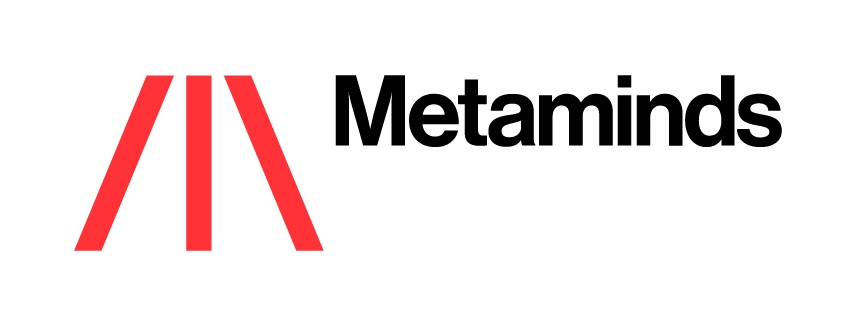New research highlights a stark reality – IT directors at major global firms are preparing for an unprecedented surge in cyber threats driven by AI, machine learning, and the Metaverse.

As cyber criminals deploy increasingly sophisticated attacks, organizations plan significant security budget increases over the next two years. A global study of IT leaders at companies with over $300 million annual turnover by post-quantum security pioneers Naoris Protocol, highlights the growing urgency to address emerging cybersecurity challenges (please see the attached press release). Key findings include:
Metaverse and AI: A dangerous nexus for cyber-attacks
Over 60% of IT directors strongly agree, and 37% partially agree, that the convergence of the Metaverse and AI will significantly escalate cyber-attacks. Hackers are expected to exploit AI and machine learning to create more sophisticated methods, making the Metaverse a prime target.
Decentralization’s Promises and Perils
The study also highlights heightened cyber risks in the Web3 space. While decentralized technologies offer opportunities, they also bring new threats.
Only 35% of IT directors believe their organizations fully understand Web3-related risks, 46% rate their knowledge as “quite good,” and 19% report average or poor comprehension. Around 12% say their organisation has an average understanding while 7% admit to a poor or very poor understanding of the cyber risks posed by Web3. This knowledge gap could expose critical systems to exploitation as organizations navigate decentralization and blockchain complexities.
Budgets on the Rise: A Necessary Response
Cybersecurity budgets are set to grow significantly as risks rise. Over the past two years, 38% of IT directors reported dramatic budget increases, while 47% saw moderate growth and 15% say it is unchanged. Looking ahead, 97% expect further increases, with 25% predicting over 50% growth and 61% anticipating increases between 10% and 50% in the next two years.






























